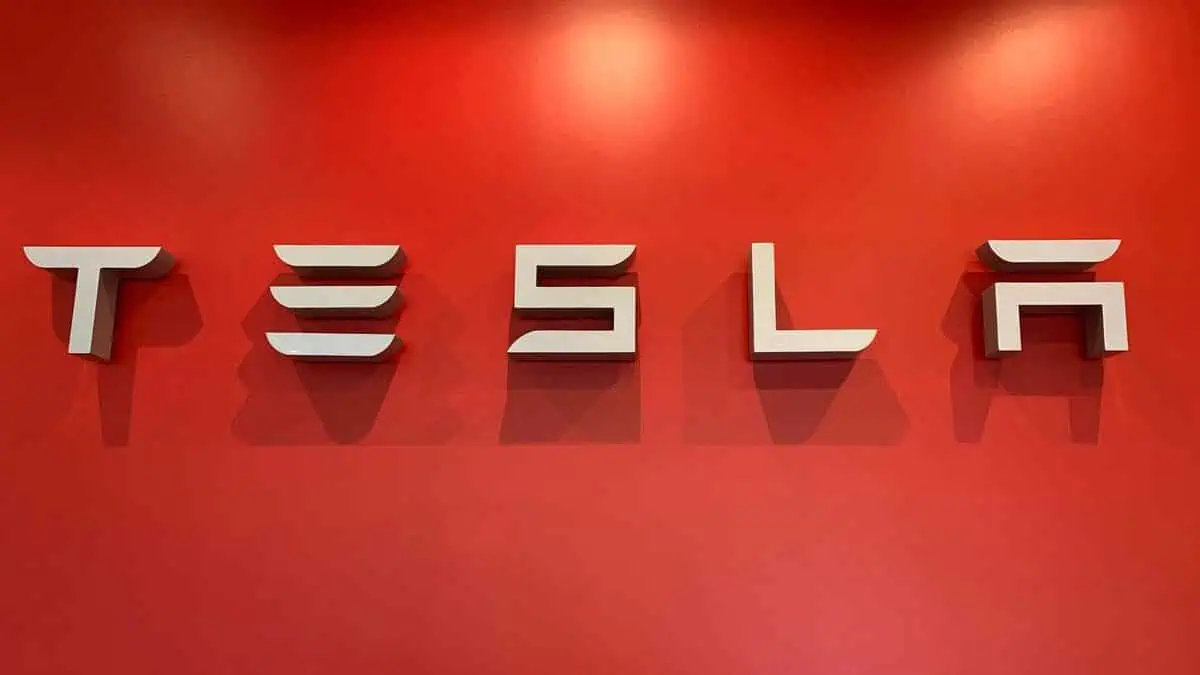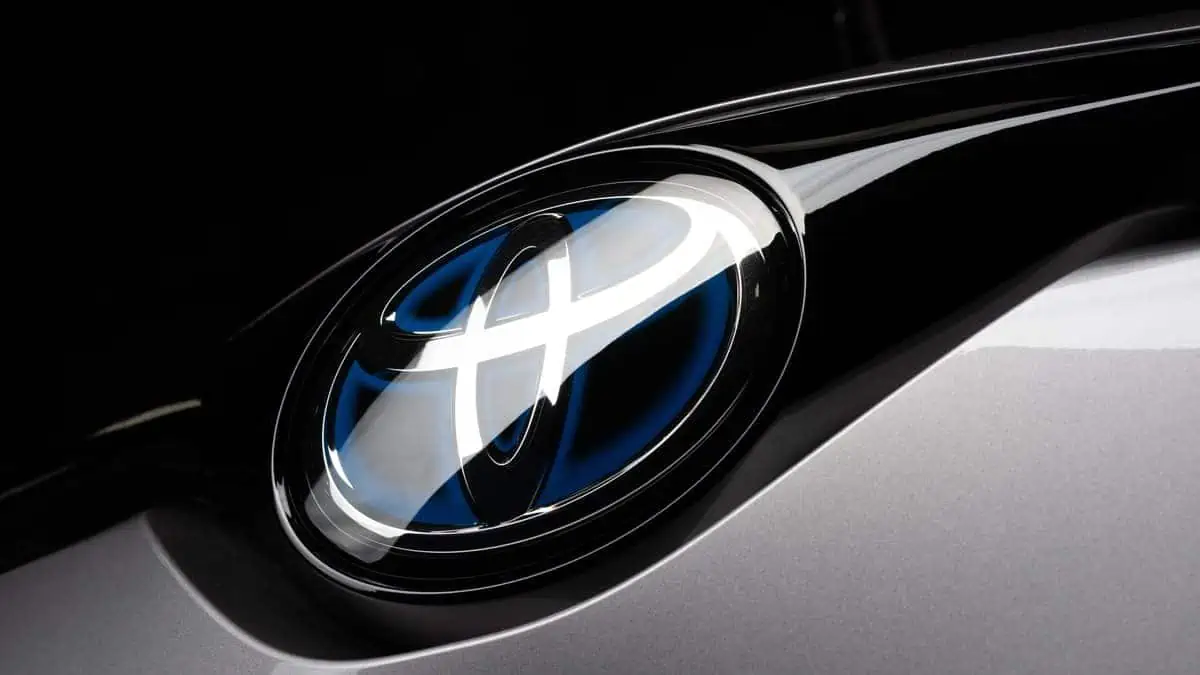Tesla has asked its suppliers to produce key components outside China and Taiwan by 2025 amid rising geopolitical tensions, Nikkei Asia reports, citing sources familiar with the matter.
Mitigating risks from rising trade tensions
As per the report, Tesla has started communicating with several suppliers to encourage them to manufacture components outside of China and Taiwan as early as next year.
These electric vehicle components include displays, electronics control units and printed circuit boards. Tesla cars sold outside the Chinese market will reportedly utilize these critical components.
Notably, Tesla sent the letter to its suppliers even before the US government imposed the import tariff hikes on China-made EVs. It also ensued after the Chinese army had declared several military drills across Taiwan.
The Musk-led electric automaker cited the rising geopolitical threats in the Greater China region ahead of the US presidential election, six supply chain executives with direct knowledge of the matter revealed.
Tesla’s prompt action demonstrates its determination to build an alternative supply chain to ensure its EVs stay on track despite the ongoing trade tensions.
Shift could increase production costs
Tesla’s strategy of having its suppliers produce components outside China and Taiwan could potentially raise production costs, affecting the overall price of its electric vehicles.
Building electronic components, such as displays, electronics control units and printed circuit boards, on a large scale in other countries may be more expensive than in China and Taiwan.
China and Taiwan are currently among the world’s top suppliers of such components. Therefore, relocating production from these two countries will undoubtedly take substantial effort.
“We serve several American automobile makers, and Tesla is the most aggressive in terms of trying to avoid the risks surrounding China and Taiwan. It’s really hard and costly to do OOC (out of China) and OOT (out of Taiwan), as that is where the mature supply chain is.”
Electronics supplier executive
US announces major import tariff hike on Chinese EVs, Beijing mulls retaliation
On May 14, the Biden administration formally increased its import tariff on China-made electric vehicles from 25% to 100% to “protect American workers and businesses from China’s unfair trade practices.
Under Section 301 of the Trade Act of 1974, this significant change affects $18 billion of Chinese imports (including other products).
The EU is also currently investigating potential unfair subsidies on Chinese-made EVs, which allegedly enable them to have lower price tags in the local market.
In response, China threatens to retaliate with tariffs as high as 25% on US and EU electric automakers’ exports of ICE models into the Chinese market.
Tesla is not the only electric automaker that has contacted its suppliers for the same concern. According to the report, General Motors and Ford also asked their suppliers in the Greater China region to relocate electronics production outside of China and Taiwan. However, they have not sent a formal request letter like Tesla.






